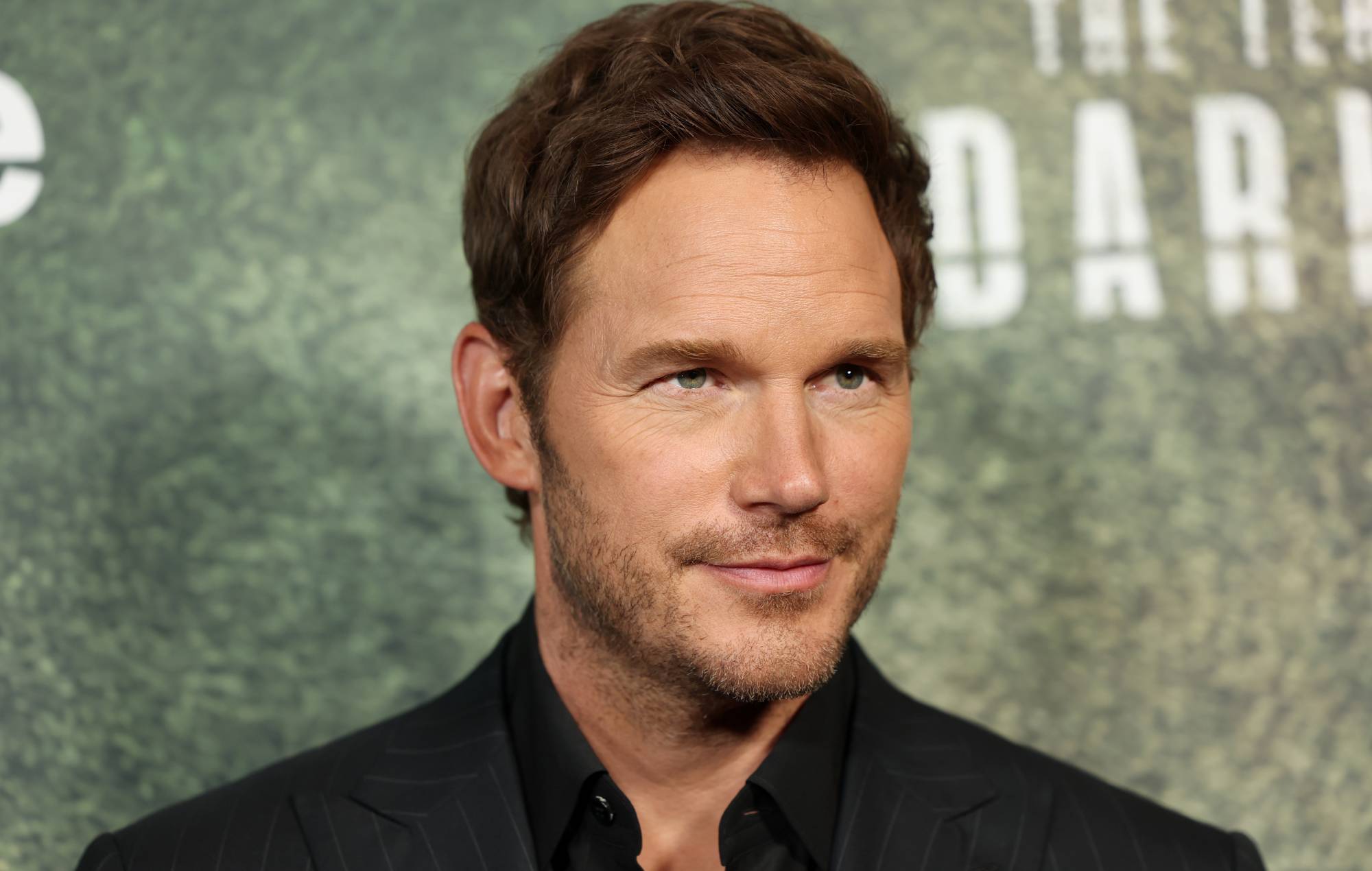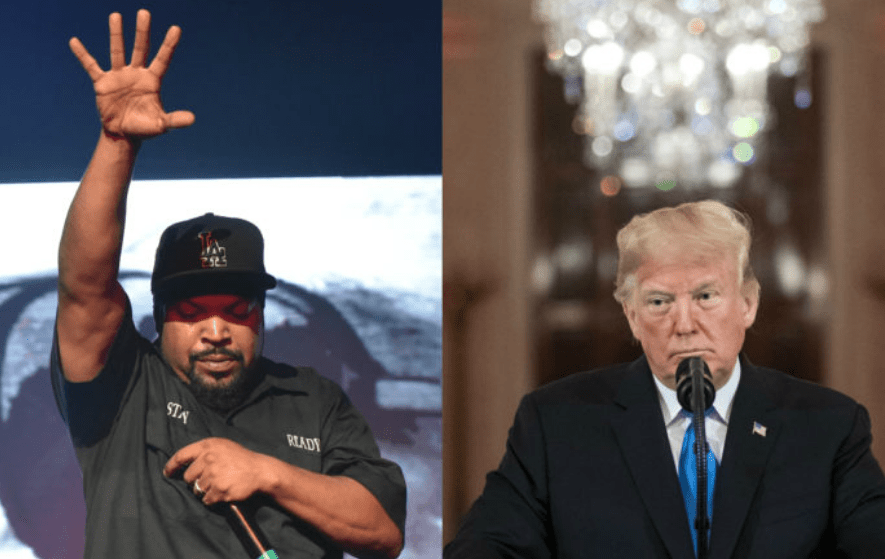The time might be now to mentally prepare for a year or more sans raving. Zeke Emmanuel, a director of the Healthcare Transformation Institute at the University of Pennsylvania among his other professional credits, proferred a grim prediction to The New York Times when questioned about the return to normal life after the curren coronavirus-fueled lockdown:
“Larger gatherings — conferences, concerts, sporting events — when people say they’re going to reschedule this conference or graduation event for October 2020, I have no idea how they think that’s a plausible possibility. I think those things will be the last to return. Realistically we’re talking fall 2021 at the earliest.”
These sentiments voiced as part of a hosted panel on restarting the economy after containing the pandemic, in which the general agreement was that America would have to reopen in segments to ensure maximum safety while doing so. If Emmanuel is correct, it means we’re in the current concert-less reality for the long haul. The devastation to the music industry, which is driven largely by tour and event income, would be unprecedented; it’s safe to say that adaptation is urgently needed in order for it to survive.
COVID-19 originated in Wuhan, China, at the end of 2019, and has since become one of the most widespread pandemics in modern history. Many countries as a result have adopted social distancing rules or guidelines to help “flatten the curve” and contain the outbreak, with large portions of the global economy being temporarily shut down. In the United States, early results from California and other early adopters of this methodology show improvement.
To encourage a return to normalcy as soon as possible, citizens are encouraged to remain vigilant about their personal health and the health of those around them by adopting habits like consistent handwashing, regular surface disinfection, and wearing a mask while running essential errands.
H/T: The New York Times
Photo credit: Calder Wilson







